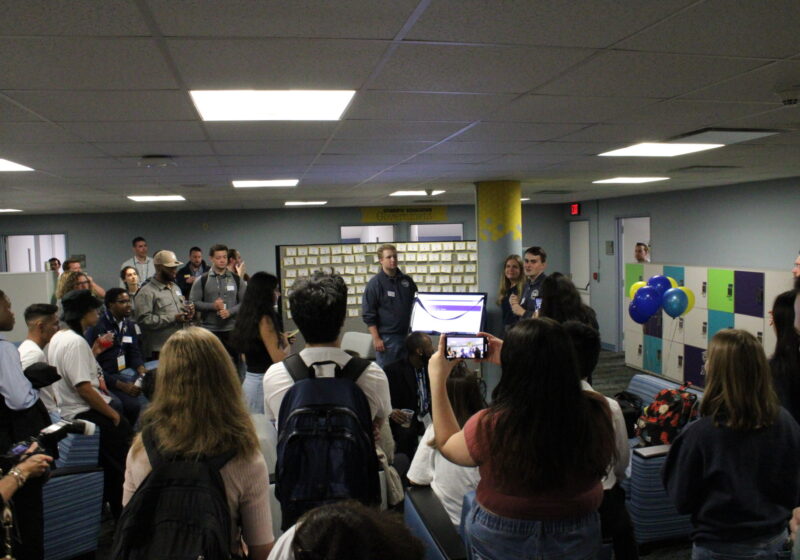The official petitioning website of the Students’ Association (SA), SA IMPACT relaunched earlier this month, and will continue to serve as a hub for tabling student concerns.
First launched in early 2015, IMPACT was taken offline last semester for a structural reworking. Three key changes have hit the platform, although the overarching idea of IMPACT remains the same.
Students are able to create, sign, and comment on petitions after signing into the IMPACT site with their NetIDs. The tool is not anonymous — a student’s NetID is permanently associated with any petitions or comments they make.
As a platform for advocacy, students are encouraged to bring their ideas to IMPACT — but, as the SA reminds, “your words have consequences.” Petitions that fail to abide by the Code of Conduct or Policy Against Discrimination and Harassment will be removed from the platform.
IMPACT petitions are reviewed and responded to by SA once a signature threshold has been met. Currently, a petition must reach 300 signatures to mandate SA action, “keeping in line with the original vision of 5% of the student body,” according to the SA.
After the signature threshold has been met, the given petition will be added to the following Senate agenda for discussion, according to the SA website. Delegated members of the SA will then meet with the author of the petition to more closely examine their concerns, and work to present a list of actionable items to the Senate regarding the concerns at hand.
The SA will then provide an official response to any petitions that have met the signature threshold, as well as an overview of the work being done on the issue.
IMPACT is also now accessible to Eastman students — and petitions can be labeled as strictly for Eastman, River Campus, or else University-wide. The Eastman Students’ Association will take action as needed on any Eastman-exclusive petitions.
SA President Daniel Pyskaty stressed the importance of IMPACT as not only a way to voice the concerns of the student body, but as a data-gathering tool for student advocacy.
“It was absolutely seen as a priority to get SA IMPACT back up and running since the original site went offline early last semester,” he said. “It has throughout the years not only highlighted some of the most pressing concerns of campus to the Students’ Association, but provides invaluable quantifiable data to use in our advocacy efforts.”
Although the original IMPACT was hardly immune to less serious propositions, the platform has hosted a number of hot-button petitions throughout the years.
One of the most-signed petitions in 2020 — with over 1,000 signatures — called for the University to take action to make an “impactful difference” in support of Black activism and cultural diversity — and called for a promise by the University to never arm Public Safety officers.
Other petitions regarding amendments to the University’s COVID-19 response, the continuation of the pass-fail policy, and a break in the academic calendar, made rounds throughout the student body.
As a whole, the launch of IMPACT 2.0 aims to continue the history of student advocacy and activism on campus.
“So as they said years ago, and we’ll say again, make your impact,” Pyskaty said. “Let us know what we need to see changed on campus and we’ll work with you to make that lasting impact on campus.”






